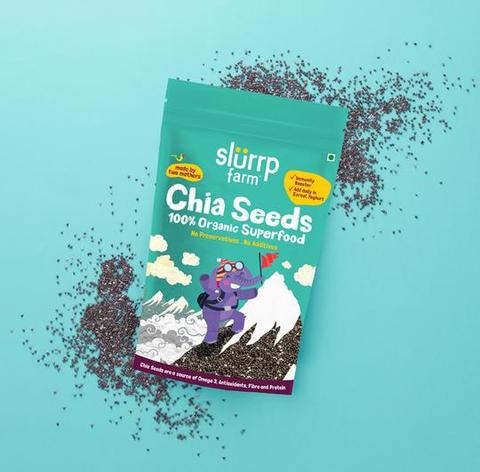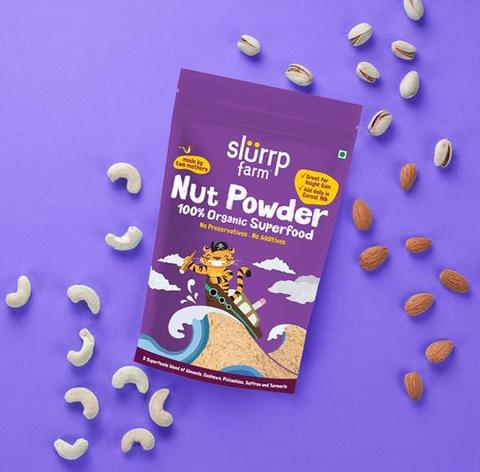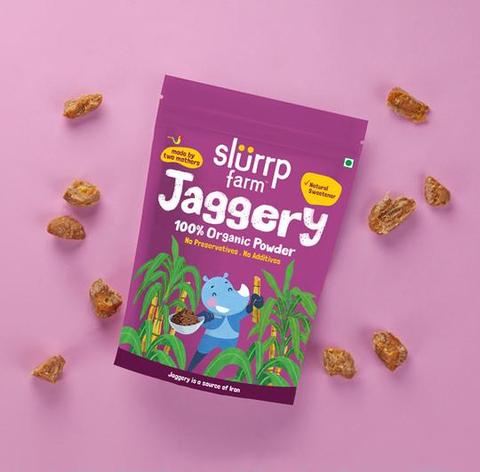According to ‘Food In The of Coronovirus’ first published in The New Indian Express!
The news is rife with the growing incidence of coronavirus infections, and with the confirmed cases in India, it’s time for us to be cautious. To begin with, be wary of the prescriptions that you may find on WhatsApp. Misinformation can be counterproductive, so trust only the most reliable sources and stay informed about the right techniques to keep infection at bay. Because there is no known cure for this infection, focus on preventive strategies. In 2002, during the SARS outbreak, a friend of mine was living in China. She had adhered to the strict practice of regular handwashing, which had helped her family stay immune to the infection. Washing your hands frequently has been emphasized as one of the most important precautions to take this time.
I have repeatedly highlighted the connection between diet and immunity; this is a good time to recount it. Many foods play a powerful role in the prevention of viral infections. A plant-based diet is recognized for its vital immunity-boosting properties. Eating soluble fiber boosts the production of a protein (interleukin-4), which in turn stimulates the infection-fighting cells (T-cells) in the body. In the digestive tract, soluble fiber undergoes fermentation, and upon reaching the large intestine, it is broken down by the gut bacteria into short-chain fatty acids (SCFA), which enable the movement of immune cells. Fruits, veggies, seeds, dals, etc. are good sources of soluble fiber.
The leaves of tulsi, neem and curry patta are valuable additions. Other leafy vegetables are also of great value. Tea is also a leaf and plays a role in disease prevention. Green tea, matcha tea, and black tea are good options.
Among the fruits, the Indian gooseberry (amla) and all other berries are valuable. The citrus fruits of the season, figs, dates, pear, apple, pomegranate and raisins, should be included on the menu whenever possible.
Legumes and dals, particularly those with the outer covering intact, such as channa, rajma, lobia, soy, beans and peas, are of great value.
Nuts and seeds like almond, flaxseed, sesame, chia, poppy, watermelon, sunflower and mustard are worthwhile additions to the diet.
In addition to soluble fiber from the above sources, herbs and spices make value additions to the diet in their preventive capacity. Among this food category, black cumin seeds (kalonji) and its oil has been described by scientists as nourishment for the immune system. Garlic is another powerful agent, but the beneficial properties of garlic are destroyed upon cooking, so adding garlic to salads, chutneys and dips, is the best way to consume it. Black pepper, cinnamon, asafoetida and fenugreek are other spices of immense value. Fenugreek seeds can be soaked, sprouted and added to salads, in addition to its regular use in cooking. It is good to be reminded about the critical role of good bacteria in immunity-building. Get your daily dose from dahi, lassi, buttermilk, raita and fermented foods. Make sure to include a probiotic food (containing a strain of bacteria with immune-enhancing properties) in your daily diet.
This article was published in The New Indian Express.
 Neelanjana Singh has had over 25 years of clinical experience as a dietician and diabetes educator at AIIMS, the Sitaram Bhartia Institute of Science and Research and the Diabetes Foundation. Neelanjana has also been associated with the WHO as a member of its committees and projects on nutrition and health. Her book “Our Kid Eat Everything” is a fountain of practical advice!
Neelanjana Singh has had over 25 years of clinical experience as a dietician and diabetes educator at AIIMS, the Sitaram Bhartia Institute of Science and Research and the Diabetes Foundation. Neelanjana has also been associated with the WHO as a member of its committees and projects on nutrition and health. Her book “Our Kid Eat Everything” is a fountain of practical advice!



